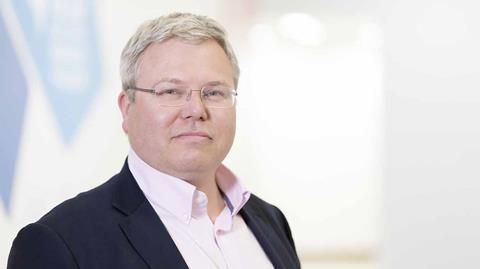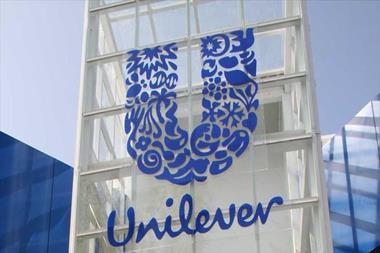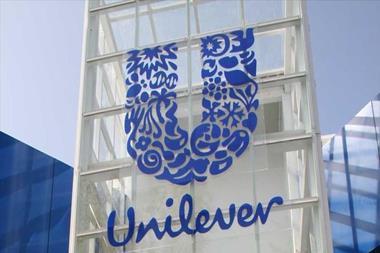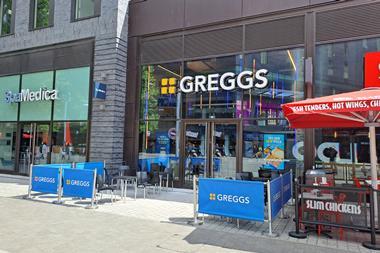
Sebastian Munden, Unilever’s highly rated UK & Ireland GM, is leaving next month, following the global restructure announced in January.
Munden, 54, was appointed to run the UK&I business in 2017, and has been hailed for his significant contribution to Unilever, commercially and operationally but also through his efforts to cut plastic and tackle packaging waste, as well as his pioneering development of digital commerce hubs and social marketing and his support for people development within and outside the business.
Munden has also lobbied the government and led the industry in addressing sustainability challenges as a founding member of the UK Plastic Pact and as a co-founder of the Flexible Plastic Fund, which has resulted in the UK’s largest scale trial of flexible plastic collection, processing and reusing.
Munden told The Grocer he plans to “go plural”, while also taking on more pro bono work in addition to his role as chair of Ad Net Zero, the campaign to make the ad industry net zero by 2030, which announced it was going global at Cannes Lions this week. A particular passion has been his advocacy role at Movement to Work.
He added it had been “a privilege and a pleasure to work in such a fantastic company”, particularly the past five years, running the UK and Ireland business, “with all its opportunities and, of course, tackling some of the challenges we have faced as an industry in recent times in both packaging waste, sustainability and Covid”.
“I am really proud of our competitiveness, enabled by the investments we have made in the UK, and the strides we have made in digital commerce and marketing to be future-fit.”
Ian Wright, the ex-CEO of the Food & Drink Federation called out Munden’s “willingness to engage at all levels”.
“For far too long Unilever’s involvement in the industry had been really hesitant. Seb has changed all that. His towering intellect and willingness to engage at all levels has brought our most important food company back centre stage. He will be much missed.”
Marcu Gover, the CEO of Wrap, the climate action NGO, called him “a champion for sustainability”.
“He has been a big supporter of Wrap’s work on transforming our food and plastic packaging systems - helping us launch the UK Plastics Pact in 2018 and mark its success as we reached the half way point this year. He has also been a been a personal inspiration to me, helping me to focus WRAP’s work and play our part in the fight against climate change.”
In Unilever’s restructure, introduced by Unilever CEO Alan Jope, the multinational will simplify its operational matrix, with five business units – beauty & wellbeing, personal care, home care, nutrition and ice cream – each fully responsible and accountable for strategy, growth, and profit delivery, to be “more responsive to consumer and channel trends, and [so there is] crystal-clear accountability for delivery”.
As such, country-level UK leadership roles will go, while at a lower level reporting lines will change – though sales, marketing and distribution will continue to operate locally, with UK&I chief commercial officer Marc Woodward managing customer relationships in the UK and Emily Pittman in Ireland, while Richard Sharp, VP HR for the UK and Ireland, will retain responsibility for the UK and Ireland, focusing on its sites across the UK and employer priorities.
The restructure will cut costs, with a reduction in senior management roles of 15% and more junior management roles by 5%, equivalent to around 1,500 roles globally.
It will also enable business units to be sold off more easily in any further portfolio realignment following the sale of Unilever’s spreads and tea businesses, with speculation around the future of its low-growth but highly profitable ice cream unit only likely to grow following the appointment of activist investor Nelson Peltz effective next month.



















No comments yet